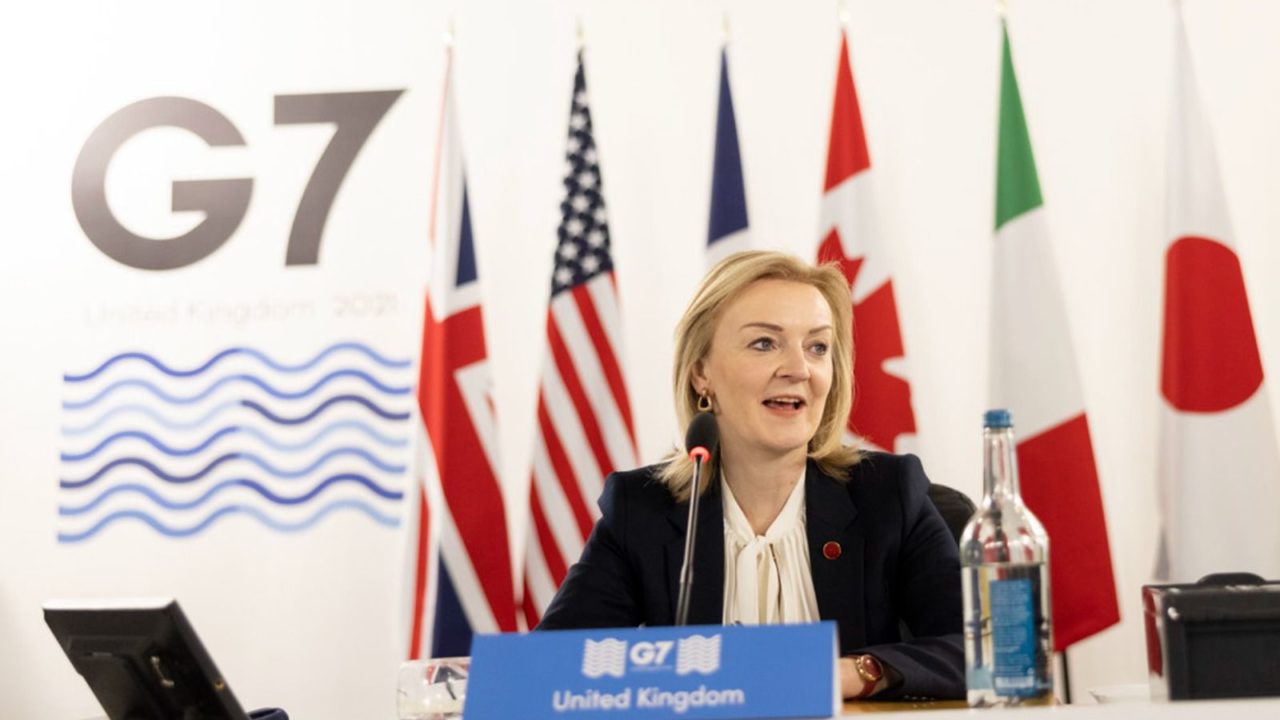The Northern Ireland (NI) Protocol Bill references four principal legislative changes to the previously agreed Brexit arrangements.
These are:
- The introduction of green and red channels to remove unnecessary costs and paperwork for businesses trading within the UK, while ensuring full checks are done for goods entering the European Union (EU);
- Businesses would have the choice of placing goods on the market in NI, according to either UK or EU goods rules, ensuring NI consumers are not prevented from buying UK standard goods, assuming that UK and EU regulations diverge over time;
- NI would be subject to the exact same tax and spending policies as would be the case for Great Britain (GB). Specifically, VAT would be included in this context;
- Brexit-related disputes would be resolved by independent arbitration and not by the European Court of Justice.
The bill extends to 20 pages. Detail on how the proposed legislative changes would be implemented on the ground is extremely sparse, with UK cabinet ministers indicating the need for expansive dialogue with all relevant stakeholder groups.
UK Foreign Minister Liz Truss commented:
“This is a reasonable, practical solution to the problems facing Northern Ireland. It will safeguard the EU Single Market and ensure there is no hard border on the island of Ireland.
“We are ready to deliver this through talks with the EU. But we can only make progress through negotiations if the EU is willing to change the Protocol itself; at the moment they aren’t,” she added.
Farmer and food business reaction to NI Protocol changes
Meanwhile, reaction on the ground in Northern Ireland to yesterday’s (Monday, June 13) developments in London continues to come in.
The Ulster Farmers’ Union (UFU) said it wants to see pragmatic solutions being found to ensure the NI Protocol is workable for every farming sector in NI, because while certain elements have been working, it is creating some difficulties within the UK internal market.
UFU president David Brown said:
“We want to see ongoing negotiations on the NI Protocol settled with immediate effect to address the series of issues it’s creating.
“The UFU represents farmers across all agri sectors in NI and while some parts of the NI Protocol are working for several commodities, it is causing havoc for others.
“This is due to NI remaining within the European Union regulatory zone, while GB is considered a third country outside the EU.”
The UFU said that this is creating restrictions and checks on agricultural produce, animals and plants moving from and to NI.
“Pragmatic solutions need to be found to make the NI Protocol work for agriculture in its entirety,” Brown continued.
“As one of NI’s largest and most economically valuable sectors, it’s in government’s best interests to deliver on this immediately.”
Retail NI has also responded to the latest developments at Westminster. A spokesperson for the organisation said:
“Unilateral action will make it more difficult to secure a wider agreement which would provide certainty and stability for our local business community.
“We need an agreed co-designed solution to the challenges around the Protocol involving both the UK Government and EU.
“Retail NI would encourage the UK Government and EU to restart intensive negotiations with a new sense of urgency and for both sides to go the extra mile for an agreement.
“We will continue to engage with the EU and the UK Government on a solution-based approach to address the technical issues of the Protocol.”

